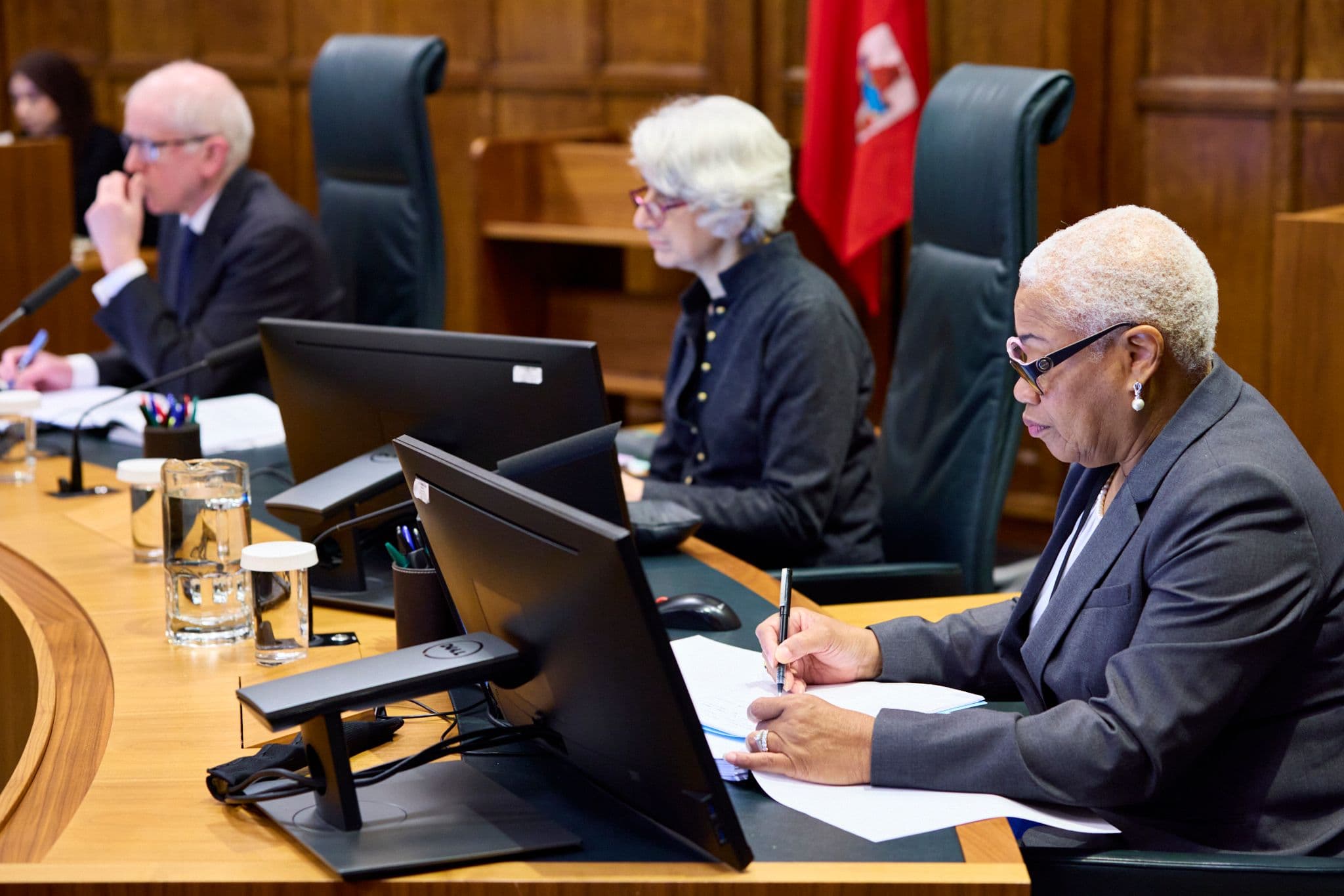News
276 Articles

Future judgments

Chief Executive Vicky Fox and Non-Executive Directors Jane Furniss and Julie Nerney share their thoughts on International Women's Day 2025

Latest judgments

Adjustment to timing of court session on Monday, March 3rd 2025

Decision on applications to intervene in UKSC 2024/0157, UKSC 2024/0158 and UKSC 2024/0159

Sir Anthony Smellie KCMG KC has been appointed to the Privy Council.

Lord Burrows delivered speeches on 7 February 2025

Permission to Appeal - November 2024

Deputy President, The Right Hon Lord Hodge, to retire from the UK Supreme Court and Judicial Committee of the Privy Council


Announcement from UK Supreme Court

The UK Supreme Court and Judicial Committee of the Privy Council reflect on the successful launch of a new Case Management Portal and websites

Join us for our final 15th anniversary event on 10th December, on the meaning of public service.

New Rules and Practice Directions now in force

New Websites and Case Management Portal for the UK Supreme Court and Judicial Committee of the Privy Council set to launch on 4th December
The Supreme Court website catalogue at The National Archives. The Supreme Court website catalogue at The National Archives.
Sign up for news email alerts
Sign up to receive email alerts when a news article is published by the Court.

